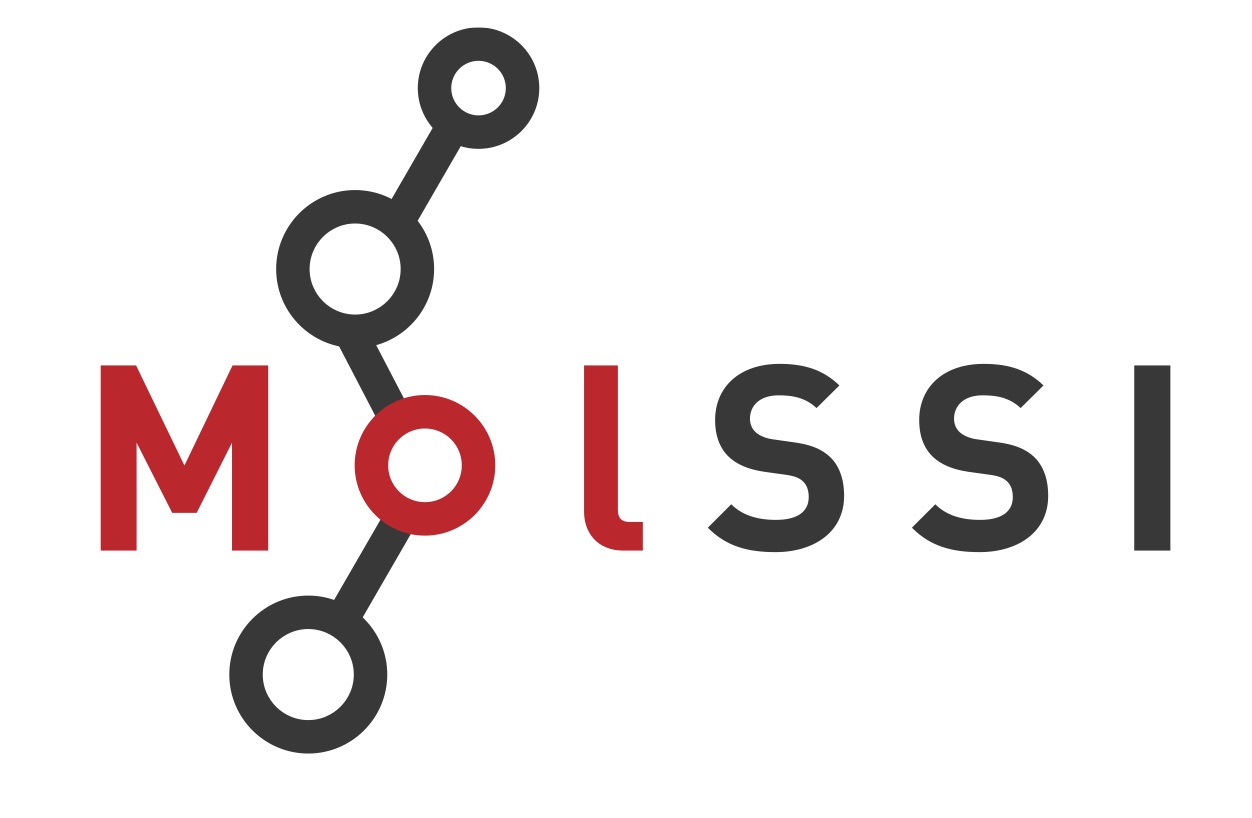Beyond Polarizable Embedding: Why, When, and How?
Lyudmila V. Slipchenko (Purdue University)
The talk will provide an overview of recent developments of the Effective
Fragment Potential (EFP), which is a polarizable first-principles-based force
field for a rigorous description of non-covalent interactions. Specifically, we
will discuss extension of the EFP to flexible molecules such as polymers and
proteins and hybrid QM/EFP models in which a QM subsystem experiences
electrostatic, polarization, and short-range (dispersion and
exchange-repulsion) responses of an EFP environment. Application of the new
formalism to photoactive and photosynthetic proteins will demonstrate
importance of a balanced description of solute-solvent interactions for
electronic and optical properties of biological chromophores.

